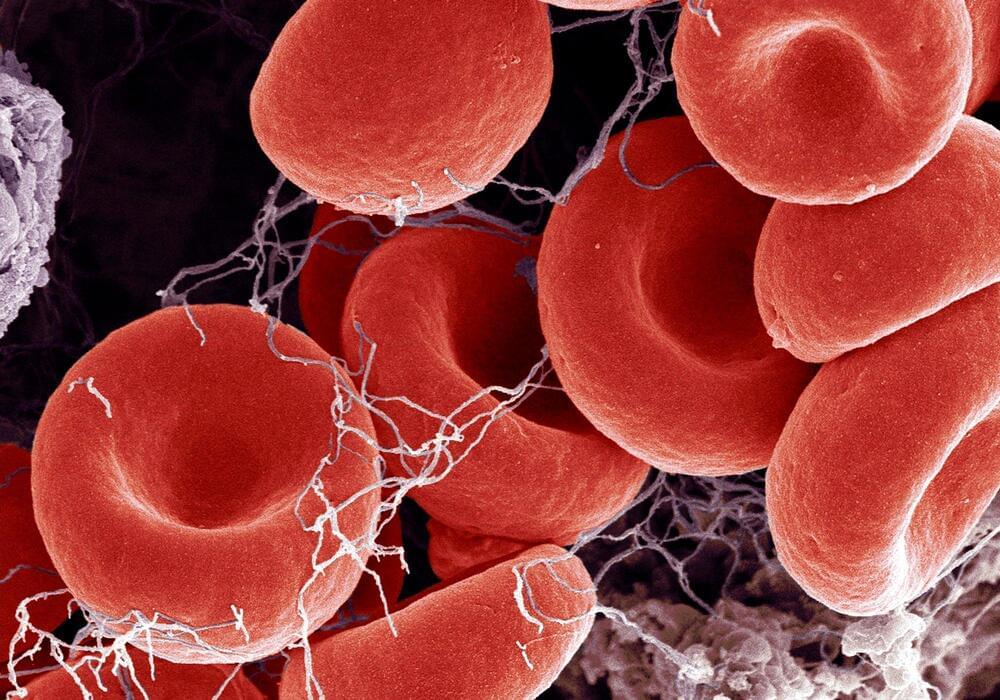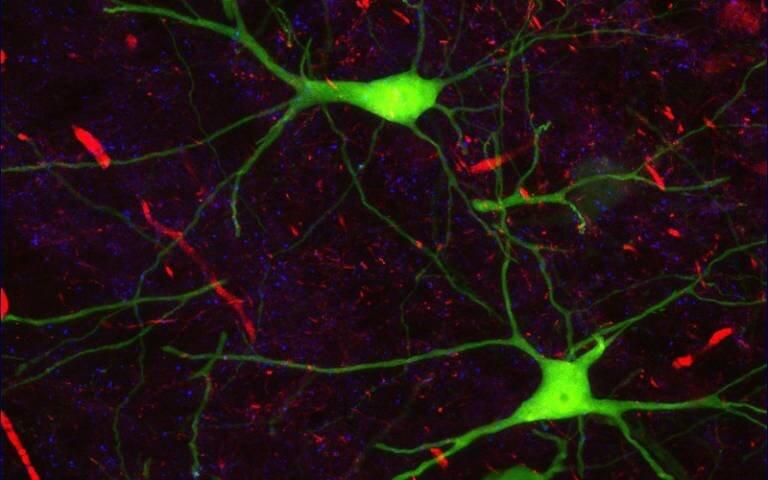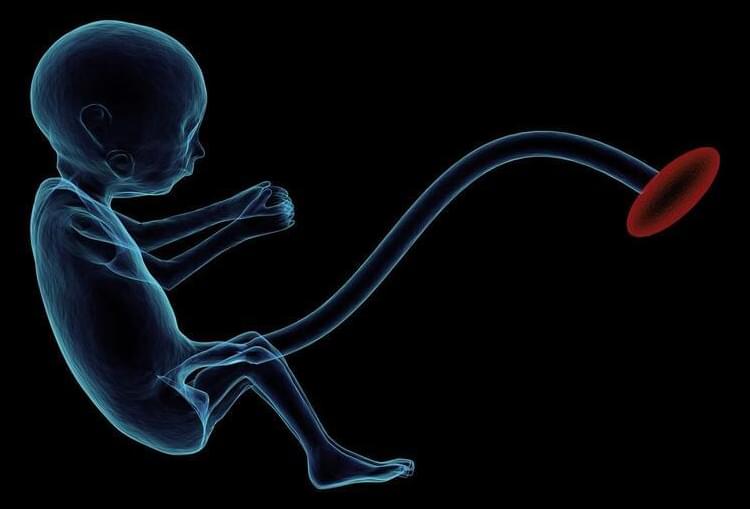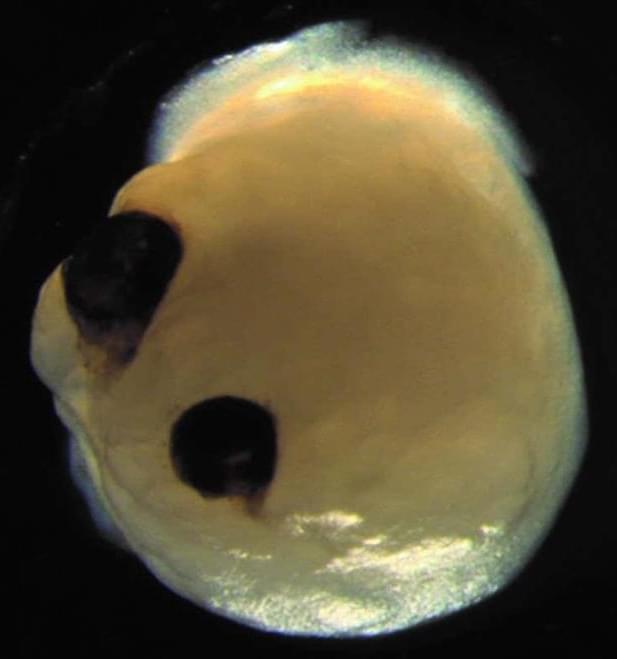Page 5896
Aug 18, 2021
An AI expert explains why it’s hard to give computers something you take for granted: Common sense
Posted by Genevieve Klien in categories: information science, physics, robotics/AI
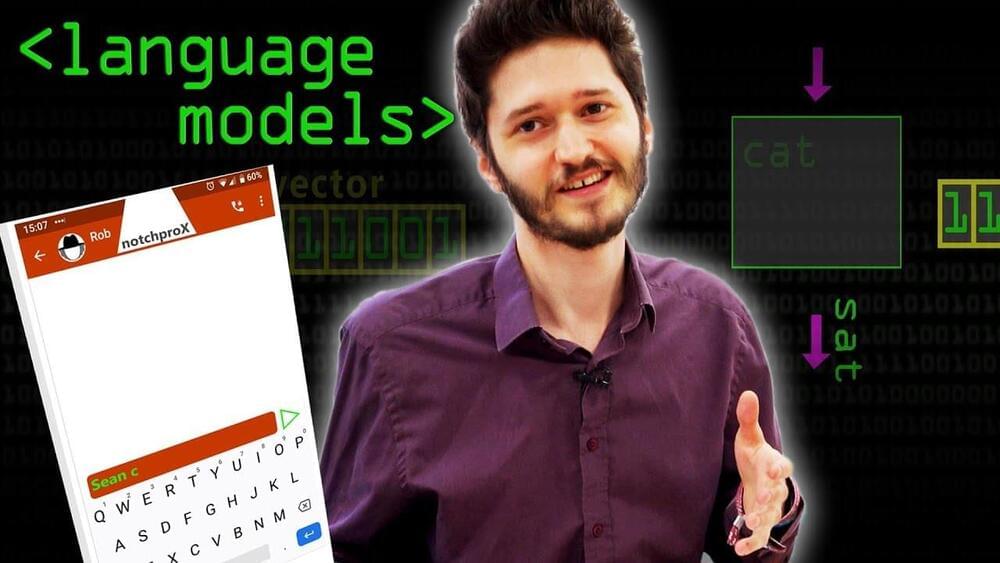
Quick – define common sense
Despite being both universal and essential to how humans understand the world around them and learn, common sense has defied a single precise definition. G. K. Chesterton, an English philosopher and theologian, famously wrote at the turn of the 20th century that “common sense is a wild thing, savage, and beyond rules.” Modern definitions today agree that, at minimum, it is a natural, rather than formally taught, human ability that allows people to navigate daily life.
Aug 18, 2021
Histamine and Inflammation Could Be Key Players in Depression
Posted by Jason Blain in category: neuroscience
What is causing chronic inflammation?
Summary: A new study adds to the growing body of research linking inflammation to depression. Researchers found the molecule histamine directly inhibits the release of serotonin in the brain by attaching to inhibitory receptors on serotonin neurons in mice.
Source: Imperial College London
Continue reading “Histamine and Inflammation Could Be Key Players in Depression” »
Aug 18, 2021
Heart disease: Gut bacteria and a high fat diet
Posted by Jason Blain in categories: biotech/medical, health
The gut microbiota plays an important role in human health and the prevention of disease. As a result, changes in its regular functioning may play a part in some medical conditions, such as irritable bowel syndromeTrusted Source, obesityTrusted Source, and cardiovascular diseasesTrusted Source.
A recent study investigates the connection between high fat diets, gut bacteria, and an increased risk of developing heart disease.
Aug 18, 2021
Researchers May Have Discovered the Root Cause of Long COVID Syndrome
Posted by Jason Blain in categories: biotech/medical, health
New evidence shows that patients with Long COVID syndrome continue to have higher measures of blood clotting, which may help explain their persistent symptoms, such as reduced physical fitness and fatigue.
The study, led by researchers from RCSI University of Medicine and Health Sciences, is published in the Journal of Thrombosis and Haemostasis.
Previous work by the same group studied the dangerous clotting observed in patients with severe acute COVID-19. However, far less is known about Long COVID syndrome, where symptoms can last weeks to months after the initial infection has resolved and is estimated to affect millions of people worldwide.
Aug 18, 2021
Widespread Pain Linked to Heightened Dementia and Stroke Risk
Posted by Jason Blain in categories: biotech/medical, neuroscience
Widespread pain, a subset of chronic pain associated with musculoskeletal disorders, is linked to an increased risk of all types of dementias, including Alzheimer’s disease, and a greater risk of stroke.
Aug 18, 2021
Team develops AI to decode brain signals and predict behavior
Posted by Jason Blain in categories: information science, robotics/AI
An artificial neural network (AI) designed by an international team involving UCL can translate raw data from brain activity, paving the way for new discoveries and a closer integration between technology and the brain.
The new method could accelerate discoveries of how brain activities relate to behaviors.
The study published today in eLife, co-led by the Kavli Institute for Systems Neuroscience in Trondheim and the Max Planck Institute for Human Cognitive and Brain Sciences Leipzig and funded by Wellcome and the European Research Council, shows that a convolutional neural network, a specific type of deep learning algorithm, is able to decode many different behaviors and stimuli from a wide variety of brain regions in different species, including humans.
Aug 18, 2021
Loss of placental hormone linked to brain and social behavior changes
Posted by Jason Blain in categories: biotech/medical, neuroscience
In the study, researchers in the laboratory of Anna Penn, MD, Ph.D., now at Columbia University Vagelos College of Physicians and Surgeons and previously at Children’s National Hospital in Washington, D.C., found that reducing amounts of a single hormone, called allopregnanolone (ALLO), in the placenta caused brain and behavior changes in male offspring that resemble changes seen in some people with autism spectrum disorder. The study also found that both brain structure and behavioral changes in the mice could be prevented with a single injection of ALLO in late pregnancy.
Preterm birth has been shown to increase the risk of autism spectrum disorders and other developmental problems, particularly in males. The more premature a baby is, the greater the risk of either motor or cognitive deficits. What does the preterm baby lose that is so critical to long-term outcomes?
A new study, in mice, suggests that one factor may be the loss of a placental hormone that the developing brain would normally see in the second half of pregnancy.
Continue reading “Loss of placental hormone linked to brain and social behavior changes” »
Aug 18, 2021
Tiny human brain grown in lab has eye-like structures that ‘see’ light
Posted by Narenda Har in category: neuroscience
A big step in the right direction.
Small blobs of human brain grown in a dish have been coaxed into forming rudimentary eyes, which respond to light by sending signals to the rest of the brain tissue.
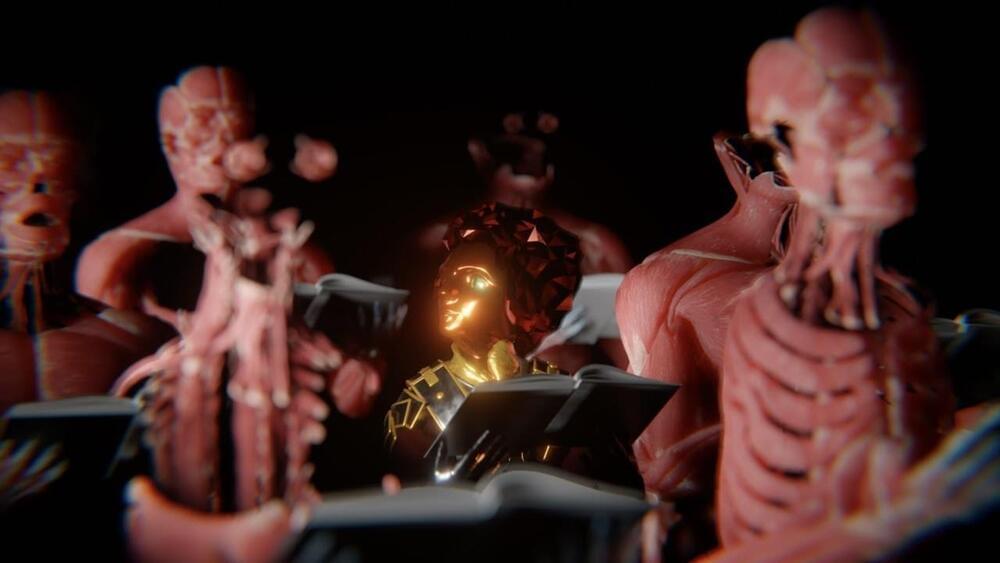
https://instagram.com/glitchmatrixdoc.
https://www.facebook.com/glitchmatrixdoc.
https://twitter.com/glitchmatrixdoc.
What if we are living in a simulation, and the world as we know it is not real? To tackle this mind-bending idea, acclaimed filmmaker Rodney Ascher (ROOM 237 THE NIGHTMARE) uses a noted speech from Philip K. Dick to dive down the rabbit hole of science, philosophy, and conspiracy theory. Leaving no stone unturned in exploring the unprovable, the film uses contemporary cultural touchstones like THE MATRIX, interviews with real people shrouded in digital avatars, and a wide array of voices, expert and amateur alike. If simulation theory is not science fiction but fact, and life is a video game being played by some unknowable entity, then who are we, really? A GLITCH IN THE MATRIX attempts to find out.



